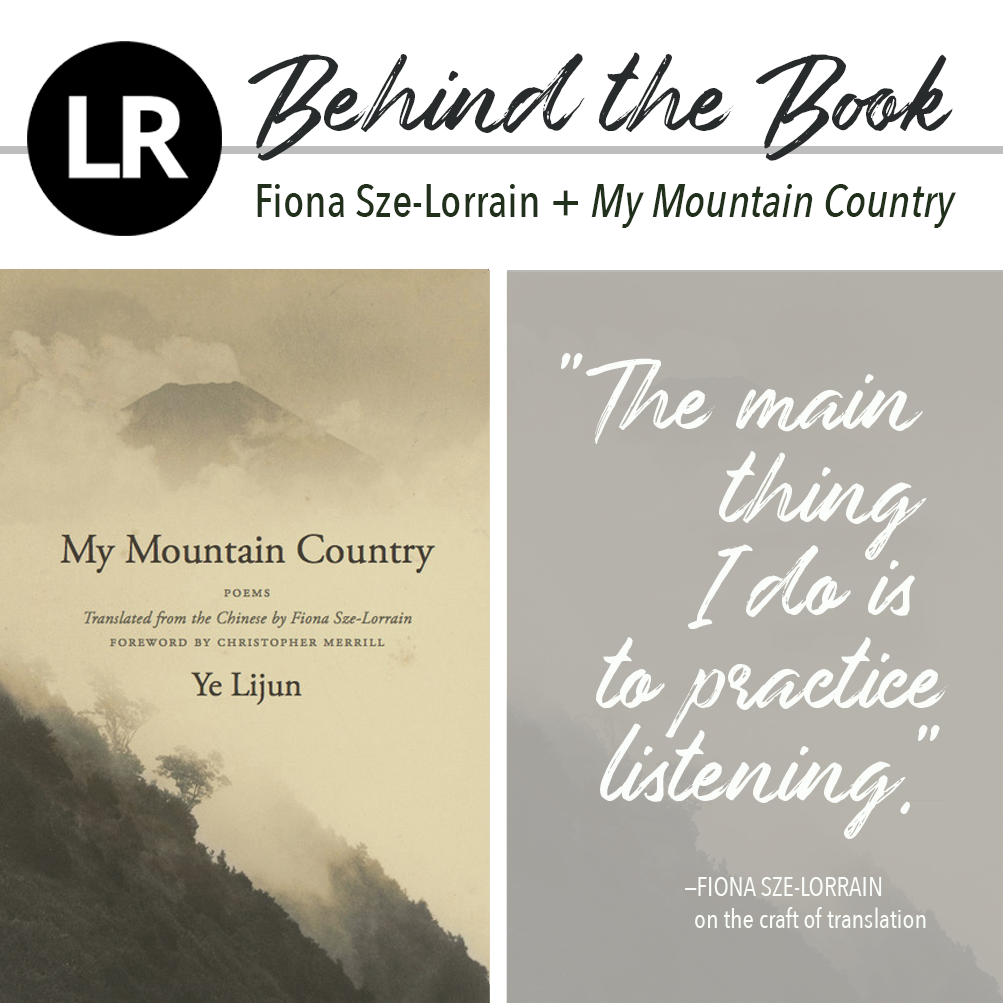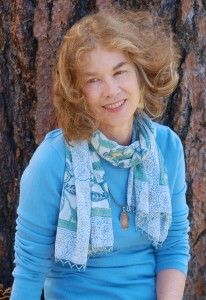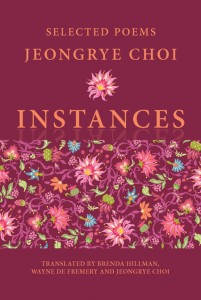
In “Behind the Book,” we chat with authors of new or recent volumes of poetry about craft, process, and the stories behind how their books came into being. For this installation, we spoke with poet, translator, and zheng harpist Fiona Sze-Lorrain about the importance of listening, her belief in “time and erring from time to time,” and the pleasure of engaging Ye Lijun’s poems in her newest work of translation, My Mountain Country (World Poetry Books, 2019).
* * *
LANTERN REVIEW: What first led you to the work of Ye Lijun? How did you come to translate her poems?
FIONA SZE-LORRAIN: This question is similar to “What first led you to writing a poem?” etc. Ye Lijun’s work appeals to me in part because we share similar preferences: music, visual arts, stargazing, a life outside the mainstream, and more.
LR: Your English translations of Ye’s poems carry a beautiful musicality to them. Can you describe your strategy for considering differences in sonics when translating across languages? What factors do you consider when translating Chinese sonics for the Anglophone ear?
FSL: The main thing I do is to practice listening, which might not be what one typically associates with translation when one translates. Some translators could be more concerned with the mot juste, the authenticity of texts, for instance, and these are legitimate concerns. I think beyond the technical, textual, or theoretical issues, there can be a more spiritual path. Once one starts focusing on differences—or similarities, for that matter—in sonics, and thinks about obtaining the “perfect pitch,” one is on a different path. To illustrate metaphorically, I cite two verses from Ye Lijun’s “Whereabouts”:
A mountain. Down the mountain
a tunnel, sometimes echoes of singing late at night
LR: Did you have a favorite poem to translate from among those that appear in My Mountain Country? If so, what made the experience of working on it so pleasurable?
FSL: Yes, in fact, I do have several favorite poems: “Portrait at Forty,” “In Pingyuan Village,” “Grass-things,” “Back to Lotus Summit,” “Personal Life,” “Delirium,” and others. It isn’t difficult to share why the experience of working on these poems was, to borrow your words, “so pleasurable”: I like the poems, their narratives and simplicity. Beyond the “pleasure experience,” the poems themselves believe in contentment. They aren’t competitive and do not care about dominating others or being right. I am still learning much from the poems in My Mountain Country.
LR: You have also authored several original collections of poetry. How does your process for revising, ordering, and putting together a translated work differ from your process for putting together a collection of your own poems (if at all)? Are there any constant stars to which you find yourself returning time and again?
FSL: I have written three original collections of poetry. I don’t know if three is defined as several. I have written poems that can’t find a place in those three books. And I have written poems that are just terrible, even though they need to be written. The curiosity about one’s process of putting work together in aim of publication—in “book form”—is a results-oriented question and outlook. It produces a certain voyeurism. If one begins to figure a formula out for all these mysteries, in hope of applying it as frequently as possible to as many projects possible so as to achieve “success,” one is seeking a product and writing for a commodity culture or industry. It is hard for me to champion that sort of mentality. I believe in time and erring from time to time:
I have returned . . . Again and again
in the backyard
I plant seeds, mistakes, love
—from Ye Lijun’s “A Mountain Hut”
LR: You say in your note at the end of the book that you first began translating Ye’s poems in 2011, nine years ago. When working on a project over such a long period of time, what helps you reorient yourself and gain a sense of overall trajectory each time you return to the work?
FSL: Why think of nine years as “long” or “short”? Three seconds can be short or transient, but three seconds in bed with a lover is another thing, another permanence. If you believe in time the way I do, this question will take care of itself. This goes for the anxieties of translation. The “kick” one gets out of poetry—and its translation—has to do with one’s willingness to take the path of and in an unknown spacetime.
* * *
Fiona Sze-Lorrain is a poet, translator, and zheng harpist who writes and translates in English, Chinese, French, and occasionally Spanish. The author of three books of poetry, most recently The Ruined Elegance (Princeton, 2016), a finalist for the Los Angeles Times Book Prize, she has translated multiple volumes of contemporary Chinese, French, and American poets. Her work was shortlisted for the 2016 Best Translated Book Award and longlisted for the 2014 PEN Award for Poetry in Translation. Her latest translation is Ye Lijun’s My Mountain Country (World Poetry Books, 2019). A Blue Dark, a joint exhibition of Fritz Horstman’s ink drawings alongside Sze-Lorrain’s poems and translations handwritten in ink on treated washi, was held at the Institute Library in New Haven last summer. Sze-Lorrain is a 2019–2020 Abigail R. Cohen Fellow at the Columbia Institute for Ideas and Imagination. As a zheng harpist, she has performed worldwide. She lives in Paris.
—
Note: This post was updated on 1/27 to reflect a corrected version of MY MOUNTAIN COUNTRY’s cover image and an update to our introduction: Fiona Sze-Lorrain is a poet, translator, and zheng harpist; not merely a poet and translator. Our sincere apologies for the previous errors.


